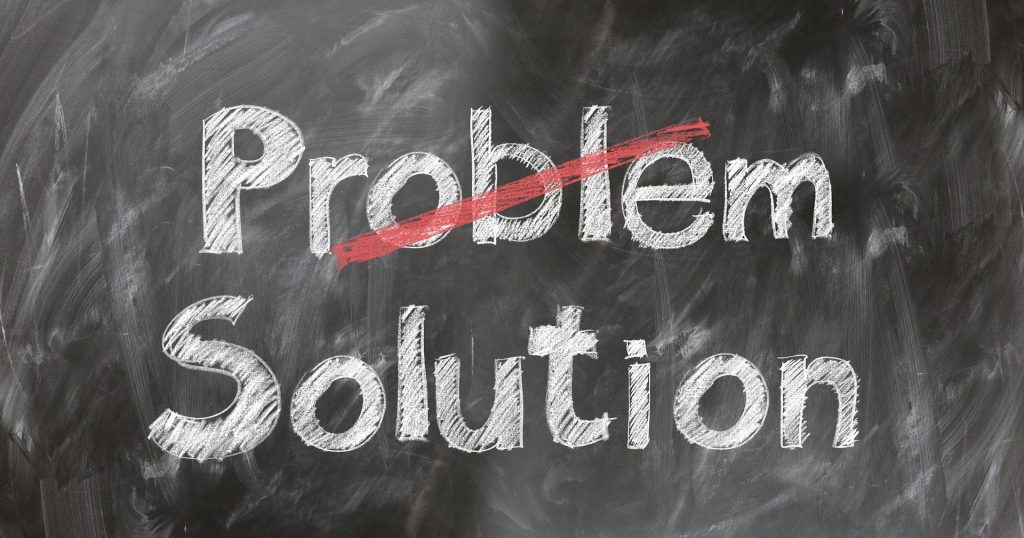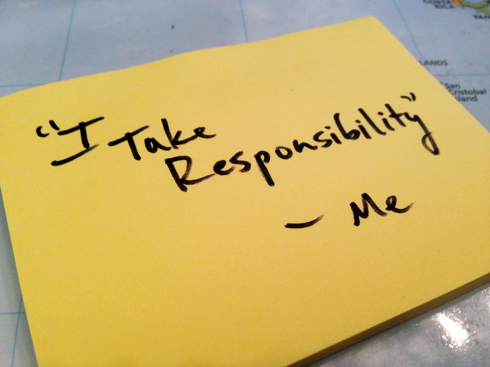The Benefit to Me is More Than Dollars and Cents
There’s a learning curve that goes with expanding my business from construction to include coaching and consulting.
After all, a coaching/consulting business isn’t the same as a construction business…or is it?
Several years ago, it occurred to me that most construction companies that I worked with knew how to build a building…but not a business. This became apparent when they would continually ask me how I did this or where I learned that. Or worse case when a construction company and customer ended up in court because something hadn’t gone as expected.

Then it happened, I got a wakeup call and realized that I needed to share this knowledge and experience with other construction companies and customers.
The problem is I’ve never been very good at teaching. It was always easier for me to just do it myself. Even though I didn’t realize it at the time, this is a pretty selfish attitude.
So, if I’m not naturally a teacher, how do I get these systems into the hands of the people who need them?
This is when I developed a downloadable proposal system, available online. It was complete with instructions for how to use it, templates, examples and a database. And what happened next…crickets.

What’s the deal? There’s definitely a need for better business systems in the construction industry. So, why aren’t people buying this inexpensive proposal system and taking control of their businesses?
Recently I have been in communication with a construction company that has shown interest in the proposal system. We’ve met a few times and discussed the system. I even did an example proposal of a project they are getting ready to start (at no cost) to compare to their system.
During our most recent meeting we discussed how my system could work for them. He asked some questions about some concerns he had.
If my system works so well for me, why wouldn’t it work the same for every other construction company out there?
That’s when I had an aha moment. It’s because they aren’t me.

So, I need to rethink this whole thing. Rather than me focusing on selling my system and teaching it others, I need to find out what they need and build them a system that works for them specifically.
I need to approach this more like doing a construction project. I wouldn’t build the same house for every customer. They’re all different. They have different needs and wants. Once I figure out what those are, I can build them the project of their dreams.
This is how I need to approach the coaching and consulting for construction companies. I need to find out what they need and build it for them.
This new thinking is going to require me to do some work in the beginning at no charge so that I can learn how to do this. Giving away work doesn’t sound like a very good plan…

But I think the long-term benefits to both me and them will be worth it in the end.


















